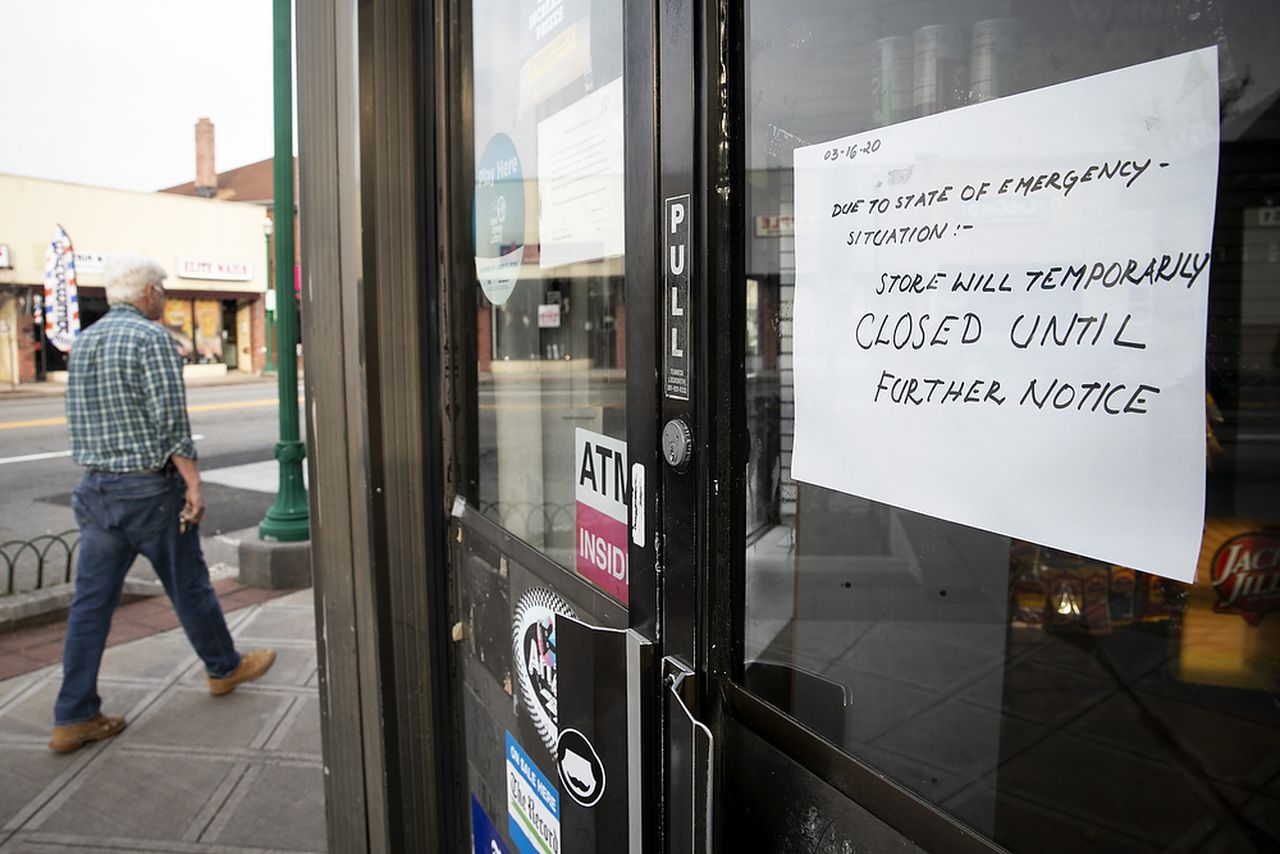In response to the unprecedented crisis caused by the coronavirus outbreak, everybody is understandably focused on their health and the health of their loved ones as well as the viability of their jobs and businesses.
We at the New Jersey Chamber of Commerce heard these concerns in dozens of voices last week on a conference call with small business owners discussing the new federal relief legislation - How do we survive? How do I keep my employees on the payroll? How long will this nightmare last?
Washington, D.C. and Trenton have unveiled financial aid and support packages in response to this unprecedented downturn, but the problem is no one knows how long the downturn will last or how deep the economic trough will get.
But we do know that it will end.
Whether it takes weeks or months, we will expunge the virus, the restrictions will be lifted and businesses will reopen.
When we reach that welcome point, we must be ready to navigate New Jersey's economy from a survival mode to a recovery mode.
However, there is no switch someone can throw to restore New Jersey's economy to normal overnight. It is going to take time and it is going to take some creative thinking.
And most of all, it is going to take ready access to working capital and liquidity. The question is, where are businesses going to get it?
Right now, government agencies have their hands full deploying the grants and low-interest loans they have announced. How heavy is the current demand for these programs?
When the New Jersey Economic Development Authority activated its online application process for emergency grants on April 3, it received 10,000 applications - in one hour.
Similarly, the federal government’s CARES Act, in particular, the Paycheck Protection Program, generated a massive number of applications.
That makes it clear that liquidity is without question the major concern of the business community.
Will the same federal and state support be available when the New Jersey economy transitions from survival to recovery? That is hard to tell.
Therefore, alternative sources of working capital assistance must be found now.
We need to identify and make ready sources of liquidity - including some non-traditional sources - which businesses can tap not just for the first weeks of the recovery but for the months and years to come.
We must get ahead of this issue because once the situation stabilizes, and restaurants, stores and small businesses begin to reopen their doors, the last thing we can allow to happen is for these businesses to fail for a lack of working capital.
Not having those resources is the fastest way to turn a recovering economy into a collapsing economy.
There are currently a variety of ideas being proposed to help New Jersey's business community, including a temporary suspension of sales and payroll taxes, tax credits and an extension of state and local permits on delayed projects.
All of these ideas have merit and should be seriously considered, but first and foremost we need to ensure businesses will have ready access to liquidity or none of these other ideas will matter.
Liquidity, working capital or cash - whatever term you use - is by far the primary concern of businesses now and will be for the months and years to come.?
